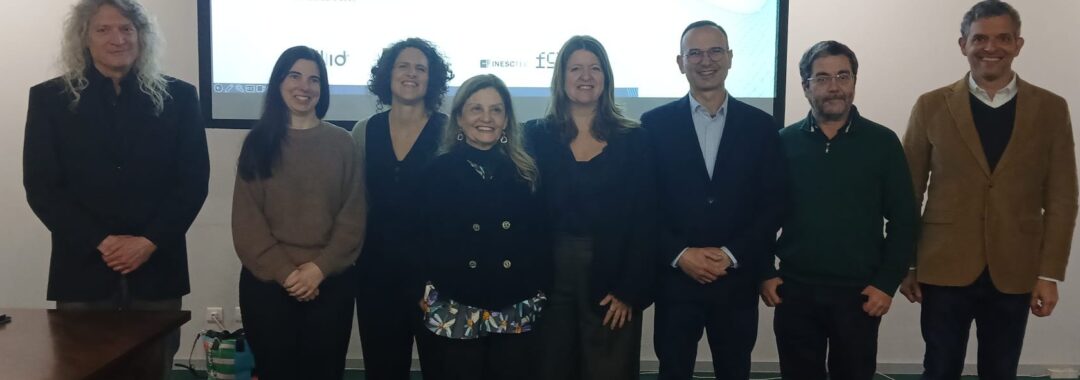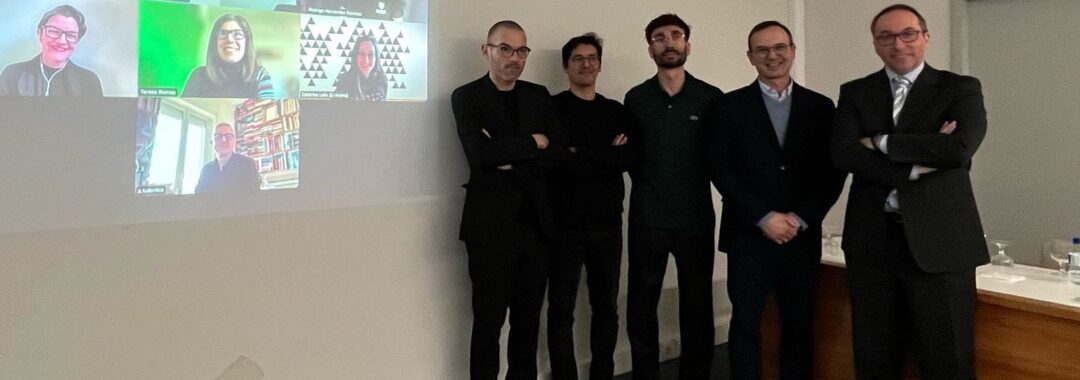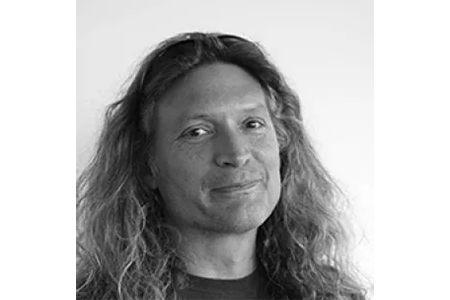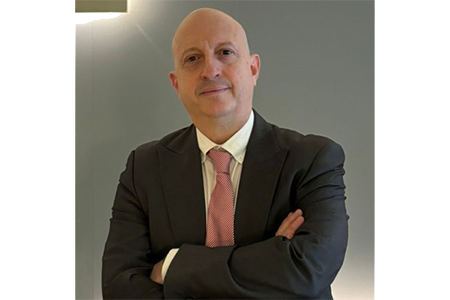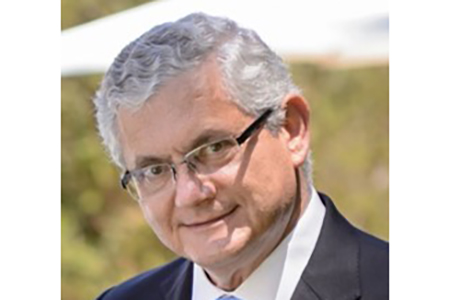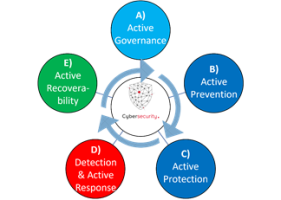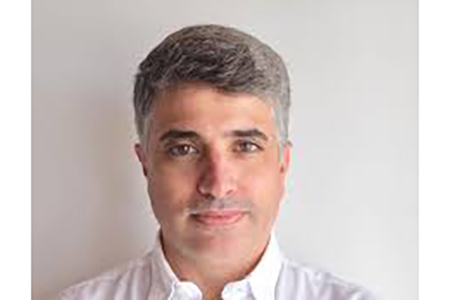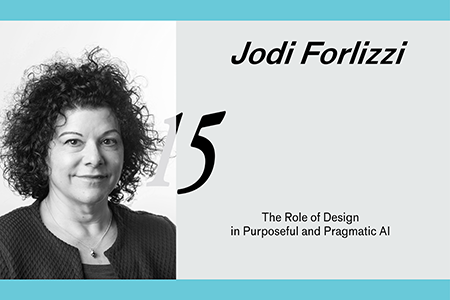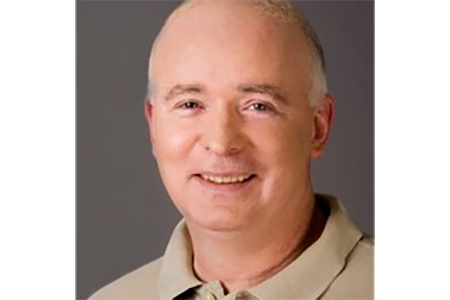Candidata:
Haline Costa Maia
Data, Hora e Local:
24 de fevereiro de 2025, às 10h30, Sala de Atos do DEEC (I -105), Faculdade de Engenharia da Universidade do Porto
Presidente do Júri:
Doutor António Fernando Vasconcelos Cunha Castro Coelho, Professor Associado com Agregação, Departamento de Engenharia Informática, Faculdade de Engenharia, Universidade do Porto.
Vogais:
Doutor Christopher Mathieu, Associate Professor, Department of Sociology, Faculty of Social Sciences, Lund University;
Doutora Stefania Milan, Professor of Critical Data Studies, Department of Media Studies, Faculty of Humanities, University of Amsterdam;
Doutor António Maria Salvado Coxito Granado, Professor Associado com Agregação, Departamento de Ciências da Comunicação, Faculdade de Ciências Sociais e Humanas, Universidade Nova de Lisboa;
Doutora Ioli Ribeiro Campos, Professora Auxiliar, Faculdade de Ciências Humanas, Universidade Católica Portuguesa;
Doutora Helena Laura Dias de Lima, Professora Associada, Departamento de Ciências da Comunicação e da Informação, Faculdade de Letras, Universidade do Porto (Orientadora);
Doutor Alexandre Miguel Barbosa Valle de Carvalho, Professor Auxiliar, Departamento de Engenharia Informática, Faculdade de Engenharia, Universidade do Porto.
A tese foi coorientada pelo Prof. Sérgio Sobral Nunes, Professor Associado do Departamento de Engenharia Informática da Faculdade de Engenharia da Universidade do Porto.
Resumo:
A disseminação de desinformação em saúde, especialmente durante pandemias, evidencia a necessidade de mecanismos eficazes para verificar e difundir informações fiáveis. Esta investigação, baseada no Value Sensitive Design(VSD), explora a integração da Inteligência Artificial (IA) na disseminação da verificação de factos em saúde, visando melhorar a rapidez e a fiabilidade da informação, garantindo simultaneamente o cumprimento de princípios éticos. A metodologia segue três fases do VSD: na fase de Investigações Conceptuais, foram realizadas revisões sistemáticas de 57 estudos (2020-2022) através do processo PRISMA; na fase de Investigações Técnicas, conduziram-se estudos de caso e entrevistas com stakeholders; e na fase de Investigações Empíricas, ferramentas baseadas em IA foram testadas através de workshops e grupos focais. Os resultados indicam que, embora a IA aumente a eficiência da verificação de factos, persistem desafios éticos, de governação e de confiança. O estudo fornece diretrizes para ferramentas de IA eficazes, inclusivas e eticamente responsáveis, contribuindo para o debate sobre a governação tecnológica e a ética dos media digitais na saúde pública.
Keywords: AI Ethics; Infodemic; Generative Media; Fact-Checking; Health Misinformation; Media Literacy; Journalism Innovation.
